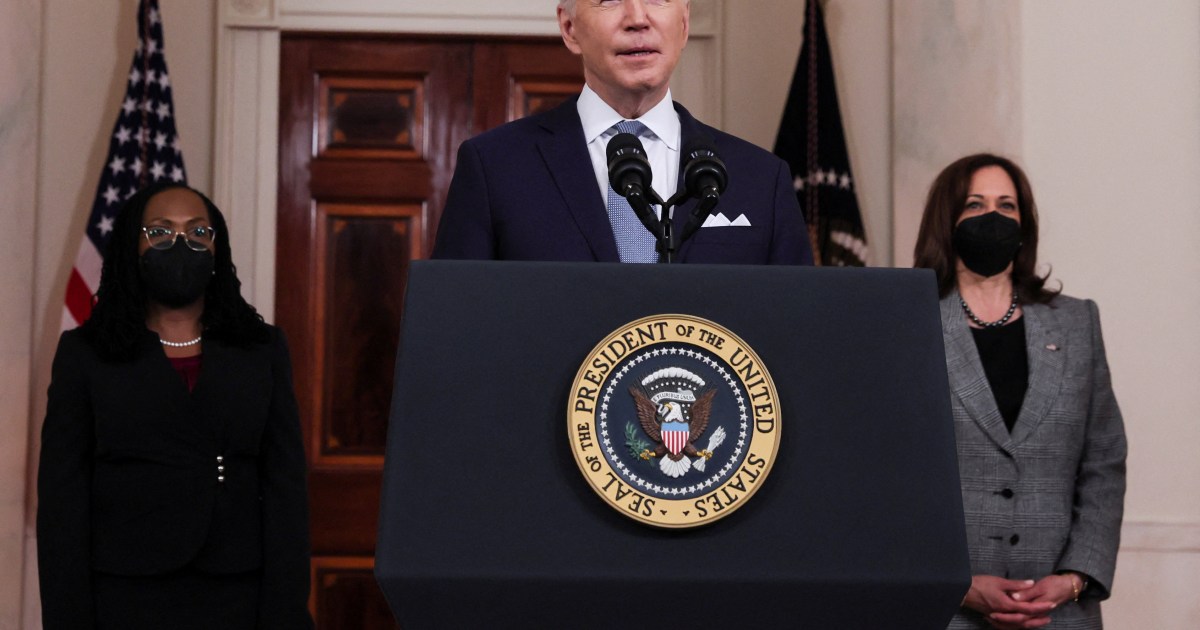US President Joe Biden welcomed the armistice agreement between the Yemeni parties for another two months, and what he described as an unprecedented calm, but stressed that it is not sufficient in the long run.
And the United Nations announced yesterday evening, Tuesday, the extension of the armistice in Yemen between the government and the Houthi group, for an additional two months, before the end of the current truce period.
Following the UN announcement, Biden called on the Yemeni government to support flights to more destinations to and from Sanaa, as well as the flow of goods through the port of Hodeidah.
The US president urged the Yemeni parties to reach a comprehensive agreement that includes steps to improve freedom of movement and salary payments.
He said that the 5-month-old truce in Yemen brought a period of unprecedented calm and saved and rescued thousands of people, as he put it.
The US President confirmed that King Salman bin Abdulaziz of Saudi Arabia and his Crown Prince Mohammed bin Salman confirmed their commitment to extending the truce in Yemen, and said, "I thank the Saudi leadership for its commitment to the discussions that led to the armistice."
For its part, the Yemeni government and the Houthi group welcomed the extension of the UN armistice for an additional two months, starting from the second of August until the second of next October.
In a statement published by the official Saba news agency, the Yemeni government stated that the main objective of the truce is to "stop the bleeding of Yemeni blood due to the war ignited by the Houthi coup militia and facilitate the free movement of civilians and the movement of goods, humanitarian and commercial services throughout the country."
While the spokesman for the Houthi group, Muhammad Abdul Salam, confirmed, in a tweet, that the efforts of the brothers in the Sultanate of Oman provided an opportunity to extend the truce.
It is noteworthy that the UN envoy, Hans Grundberg, confirmed in his statement earlier on Tuesday that this extension of the armistice includes a commitment by the parties to intensify negotiations to reach an expanded armistice agreement as soon as possible.
In the past days, there have been wide international calls to the Yemeni parties to extend the truce in the country, which was scheduled to expire on the second of August.
And in early June, the Yemeni government and the Houthi group agreed to extend a humanitarian truce in the country for a period of two months, after the expiration of a similar previous truce that began on the second of last April.
Among the most prominent provisions of the truce are the ceasefire and the opening of the port of Hodeidah (west), the restart of commercial flights through Sanaa airport, and the opening of roads in the city of Taiz, which has been besieged by the Houthis since 2015.
For more than 7 years, Yemen has been witnessing a continuous war between forces loyal to the legitimate government, backed by an Arab military coalition led by the neighboring Saudi Arabia, and the Houthis, who have controlled several governorates, including Sanaa, since September 2014, which led to the worst humanitarian crisis in the world, according to the United Nations.

